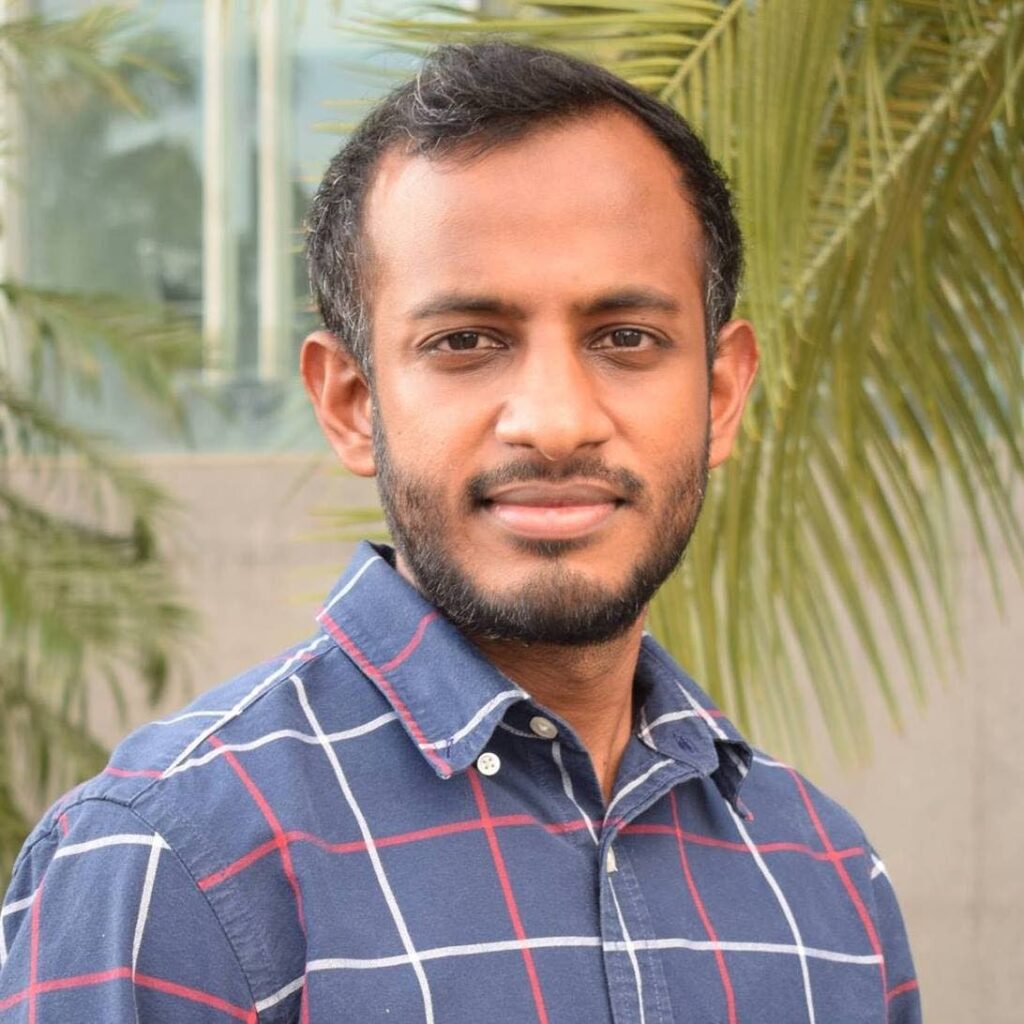Finding out what matters most

TAUREEF MOHAMMED
This is the first fortnightly column by Dr Taureef Mohammed
IT WAS as though the elderly woman was going around a revolving door: in for breathlessness, out in a few days with a diagnosis of heart failure; in for drowsiness, out with cirrhosis; in again after a fall, out with a prosthetic hip and a referral to geriatric medicine.
“What is the most important thing to you?” the geriatrician asked.
“Seeing my grandchildren.” That was it. Nothing else in the world mattered.
Finding out what matters most is an important part of assessing any sick person – especially the elderly – but it is not always straightforward.
I remember once seeing an elderly man in the emergency department shortly after midnight. He had multiple end-stage chronic diseases, lived in an assisted living facility, and was now very sick: he could barely open his eyes, mumbled incomprehensible sounds, and his vital signs were deranged.
We thought he had a bad infection, so we did a battery of tests, which included an unsuccessful spinal tap; started him on a cocktail of antibiotics; gave him intravenous fluids which eventually leaked out of his blood vessels into his lungs, causing him to require oxygen through a face mask. And when he continued to decline, we infused a medication to force his heart to beat stronger. I would be lying if I said there was not a voice in my head saying: What are you doing?
The sun rose, my shift was over, and it was time for handover to the consultant and her team.
“I probably wouldn’t have done that,” the consultant said, contemplatively. “Sometimes you need to step back and look at the big picture.”
We had tried. After a discussion with the patient’s distraught relative at his bedside, we had decided to go through with the tests and treatments.
But the consultant was right: I did not step back enough. Maybe if I had taken the patient’s relative out of the chaotic emergency room into a quiet room, probed more about who the patient was, what was important to him, what he valued in life, then maybe things would have been different.
In a study published last year in the Journal of the American Medical Association, 163 patients over the age of 65 with multiple medical conditions were asked what mattered most to them. The majority said being able to spend time with family and friends. One person – one out of 163 people – said living longer mattered the most.
The challenge in medicine, particularly geriatric medicine, is providing the appropriate care to meet these real-life goals.
The thing is, we doctors spend a lot of time in a world of numbers. Mortality rates, life expectancies, vital signs, laboratory results, drug dosages swarm about in our heads during our sleep. We cannot escape the numbers; medicine is a science, after all.
But patients occupy a vastly different world: the real world, an unmeasurable and undefined place.
Bridging both worlds can be difficult, especially at 2 am in an emergency room.
A group of researchers at Yale University recently launched the website myhealthpriorities.org to help patients and doctors navigate this ambiguous area of care. The patient answers a series of questions at home and in the end a report is generated outlining his health priorities, which he takes to his clinic appointment to be included in the decision-making process.
Designed for older adults with multiple conditions and best suited for a clinic setting, it is an innovative tool that empowers the patient and steers the doctor-patient relationship away from paternalism.
At the crux of the matter, though, is effective communication, which for me continues to be one of the hardest skills to hone. Having to talk about life and death, values and purpose, at ungodly hours was no doubt the most difficult thing I did as a junior doctor. And even now it is not uncommon that I find myself stuck in a difficult conversation, only to need a consultant or social worker to bail me out.
But when you enter the grey zone, there is really no way out other than communication. The ambiguity beckons you to remove the stethoscope from your ears and talk to the patient and/or his loved one.
The question shifts from what disease the patient has to who is the patient with the disease. Finding the answer to this question not only avoids treatment burden and unwanted healthcare but makes medicine, especially geriatric medicine – a specialty with a lot of grey – a fascinating journey.
Taureef Mohammed is a graduate of UWI and a geriatric medicine fellow at Western University, Canada

Comments
"Finding out what matters most"